Exploring Multi-State Cooperative Society Sectors in India
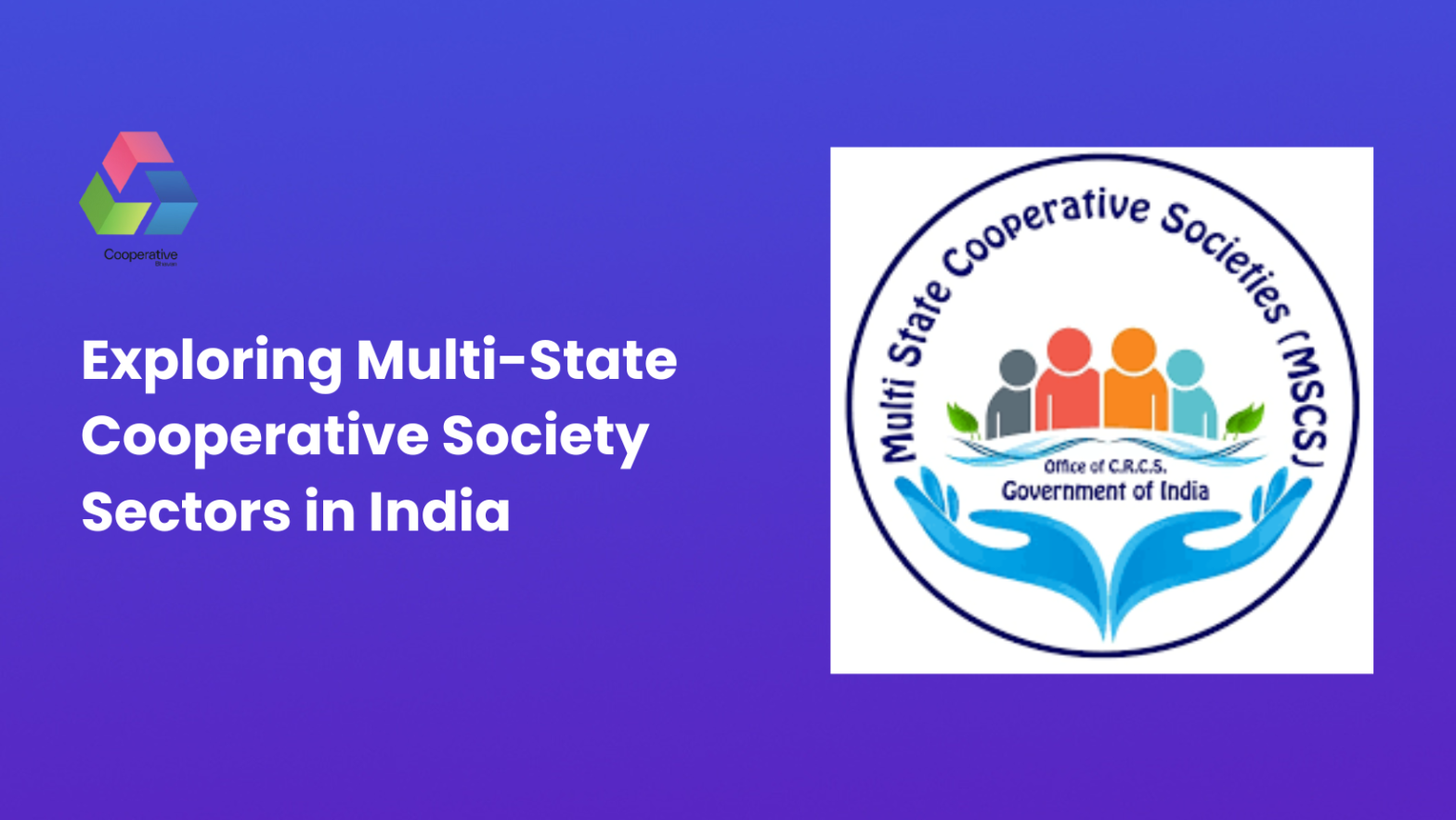
Multi-State Cooperative Societies (MSCS) are transforming India’s economy by uniting diverse industries under one legal, democratic, and people-driven framework. These societies operate across multiple states, offering members equal rights and benefits while empowering them through cooperative values and shared resources.
From agriculture to IT and tribal welfare to women empowerment, here’s a comprehensive overview of key sectors thriving under Multi-state cooperative society registration in India.
Top 25 Multi-State Cooperative Society Sectors
1. Agricultural Cooperatives

Agricultural cooperatives play a pivotal role in supporting India’s farmers by offering collective access to essential agricultural inputs such as seeds, fertilizers, pesticides, and machinery. These societies provide training in sustainable farming, water conservation, and soil health, while facilitating better pricing through collective marketing and storage facilities. Their collaborative approach ensures small and marginal farmers gain a voice in the larger market ecosystem.
2. Agro Processing
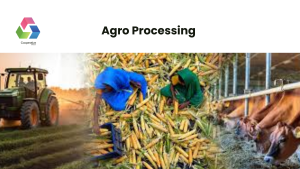
Agro-processing cooperatives assist farmers in converting raw agricultural produce into finished or semi-finished goods such as jam, oil, juice, pickles, or flour. By doing so, they reduce post-harvest losses and improve the shelf-life and value of products. These cooperatives also offer access to cold storage, food safety certifications, and packaging innovations, paving the way for rural economic growth.
3. Education

Education cooperatives create community-run institutions that make quality education more accessible in underserved areas. They often focus on skill development, vocational training, and digital literacy tailored to local needs. Scholarships, employment-focused programs, and partnerships with universities enhance both academic and practical outcomes for rural youth.
4. Consumer Cooperatives

Consumer cooperatives help combat inflation and supply shortages by procuring goods in bulk and distributing them directly to members at reasonable rates. They operate retail stores, mobile units, and online delivery services, ensuring food security and product availability, especially during crises such as natural disasters or pandemics.
5. Tourism

Tourism cooperatives are community-centric organizations that manage and promote heritage trails, nature camps, homestays, handicraft hubs, and eco-tourism projects. These cooperatives engage local youth and women in tourism-related employment, thereby enhancing regional economies while preserving local culture and ecology.
6. Transport

By managing bus services, freight movement, taxi operations, and logistics hubs, transport cooperatives ensure affordable mobility and supply chain connectivity. These societies offer financial assistance for vehicle purchases, insurance, and road safety training, empowering drivers, conductors, and logistics workers.
7. Dairy
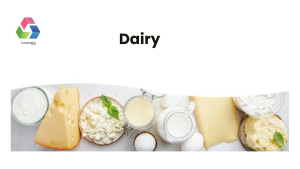
Dairy cooperatives streamline the milk value chain by managing procurement, chilling, pasteurization, and distribution. They also provide services like cattle insurance, feed supply, artificial insemination, and veterinary care. These cooperatives are essential in ensuring fair prices for dairy farmers and delivering nutritious products to urban areas.
8. Bee Farming

Bee farming cooperatives support members with training in apiculture, hive management, and product diversification. They promote sustainable pollination services and market access for honey, beeswax, and related products. Many are linked with organic and export markets, thus enhancing rural incomes.
9. Export

These cooperatives help farmers and artisans expand their reach beyond domestic boundaries. They assist in quality certification, packaging standards, export compliance, and participation in international trade fairs. This facilitates foreign exchange earnings and elevates India’s brand image globally.
10. Fisheries

Fisheries cooperatives support inland and marine fisheries with modern boats, fish hatcheries, cold chains, and training in sustainable practices. They promote value-added products like dried fish, pickles, and frozen varieties. Insurance and government linkages help secure the livelihoods of fishing communities.
11. Handicraft

These cooperatives provide infrastructure, marketing support, and design development for artisans specializing in traditional crafts. They help preserve endangered art forms while enabling artisans to earn through exhibitions, online sales, and exports. Women and tribal artisans benefit significantly through such cooperatives.
12. Health & Hospital

These cooperatives work towards building a people-centric healthcare model by operating hospitals, diagnostic centers, pharmacies, and telemedicine units. They often collaborate with insurance providers to offer affordable health coverage, particularly in rural and semi-urban areas.
13. Handloom & Textile

Handloom cooperatives protect the interests of weavers by supplying yarn, dyes, and modern looms while promoting traditional weaving techniques. These societies foster innovation, branding, and export of handmade fabrics, thereby increasing the competitiveness and sustainability of the handloom sector.
14. Industrial

Industrial cooperatives encompass small and medium-scale enterprises (SMEs) in sectors like steel, woodwork, electronics, and packaging. These organizations provide access to industrial training, machinery, and working capital loans, encouraging local entrepreneurship and job creation.
15. Information Technology (IT)

These cooperatives consist of tech professionals and startups collaborating to offer software development, IT consulting, and digital services. They provide a platform for rural youth and freelancers to access global projects, often operating in shared tech hubs and incubators.
16. Labour

Labour cooperatives enable unorganized workers to collectively take up construction, maintenance, and service contracts. They ensure better bargaining power, job security, access to government schemes, and protection from exploitation, especially for daily wage laborers.
17. Livestock & Poultry
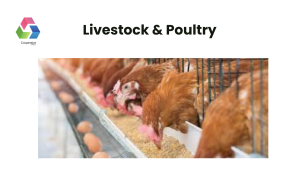
These cooperatives offer integrated livestock services including feed distribution, disease management, animal husbandry training, and poultry farm management. They connect small-scale producers with bulk buyers and food processing industries, stabilizing income and improving animal health standards.
18. Marketing

Marketing cooperatives assist farmers and producers in collectively branding, advertising, and selling their products. They operate warehouses, cold chains, and e-commerce platforms to increase reach and reduce wastage, thus maximizing profit margins for members.
19. Organic Farming
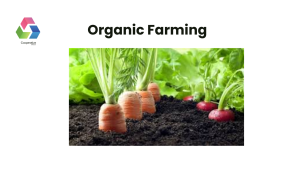
These societies encourage chemical-free farming by providing access to organic inputs, soil health testing, certification processes, and premium market linkages. They promote biodiversity and ecological balance while enhancing the income of environment-conscious farmers.
20. Tribal & SC/ST
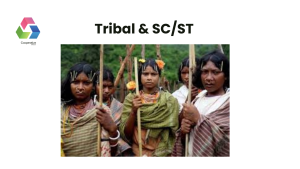
These cooperatives focus on inclusive development by supporting forest produce collection, traditional crafts, skill development, and education for marginalized tribal and SC/ST communities. They serve as a tool for economic justice and cultural preservation.
21. Women Empowerment

Women cooperatives specialize in financial inclusion through self-help groups (SHGs), cottage industries, and skill-building programs. They empower women to become entrepreneurs, leaders, and decision-makers, thereby promoting gender equality and community resilience.
22. Cultural & Social Welfare

These cooperatives work on social reforms, cultural events, and welfare programs such as care for the elderly, child education, and local dispute resolution. They strengthen community bonds and ensure inclusive participation in social development.
- Seed Production

Seed cooperatives facilitate high-quality seed production, processing, and distribution. They help farmers access certified seeds of improved varieties, ensuring better crop yields and resilience to pests, diseases, and climate stress.
24. Jute & Coir

Focused on sustainable livelihoods, these cooperatives support rural and coastal artisans involved in jute and coir product manufacturing. They help in product innovation, environmental compliance, and connecting to Eco-conscious markets both domestically and abroad.
25. Construction

Construction cooperatives consist of builders, engineers, masons, and laborers who collaborate to construct houses, public facilities, and infrastructure projects. They promote ethical labor practices, cost-effective housing, and opportunities for skill enhancement in the construction sector.
Why Register as a Multi-State Cooperative Society?
Whether you’re in Kerala or anywhere in India, multi-state cooperative society registration enables organizations to:
- Operate across state borders
- Gain central government recognition
- Access funding and subsidy schemes
- Build legal credibility and governance
- Reach wider markets with unified efforts
For expert guidance, partner with multi-state consulting firms in India to ensure smooth registration, compliance, and growth planning.
Conclusion
India’s multi-state cooperative society sectors are diverse, dynamic, and deeply rooted in community welfare and economic sustainability. From organic farming to women empowerment, these cooperatives are making a real difference. If you’re looking to join the movement, now is the time to act.














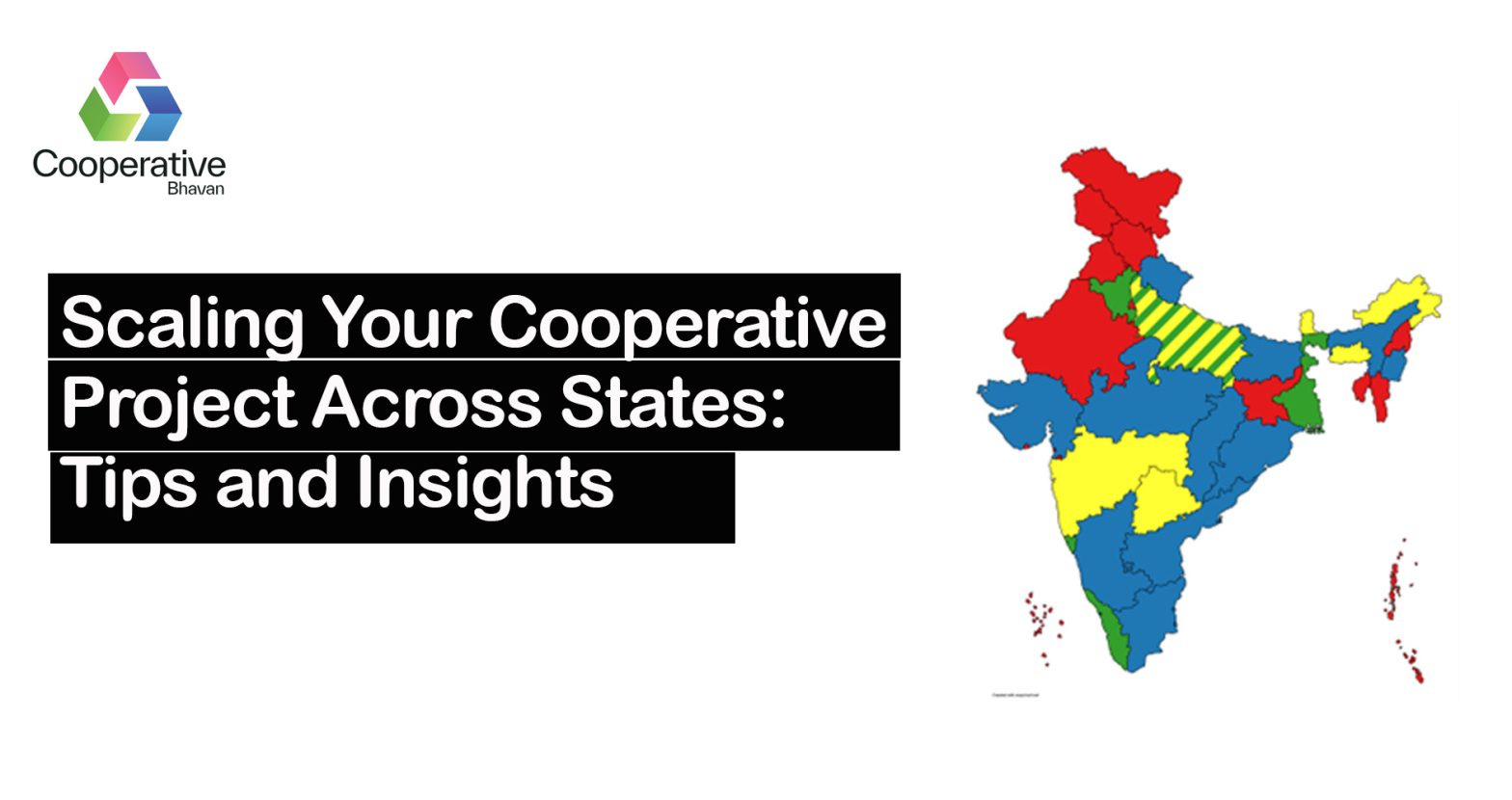
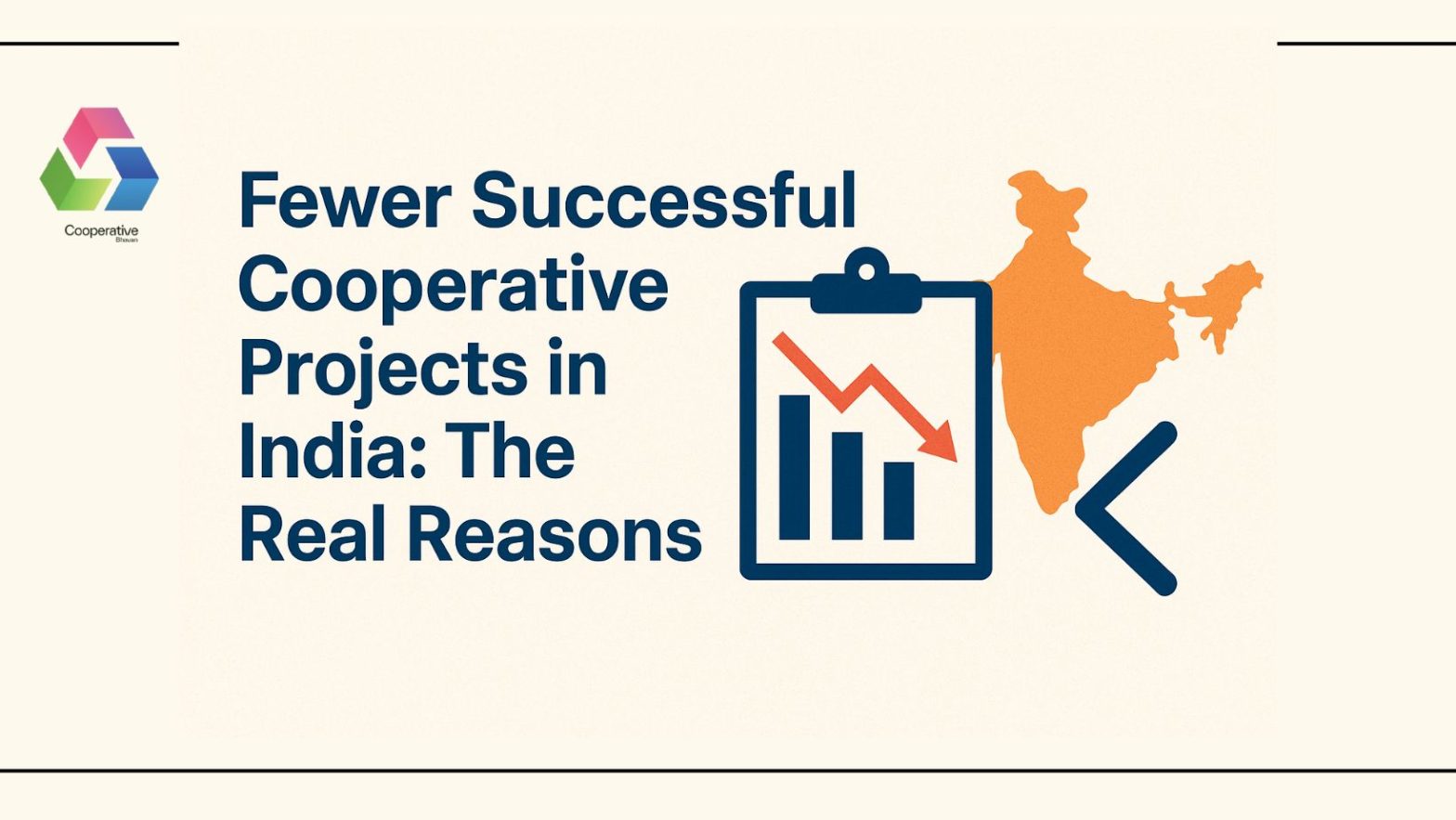









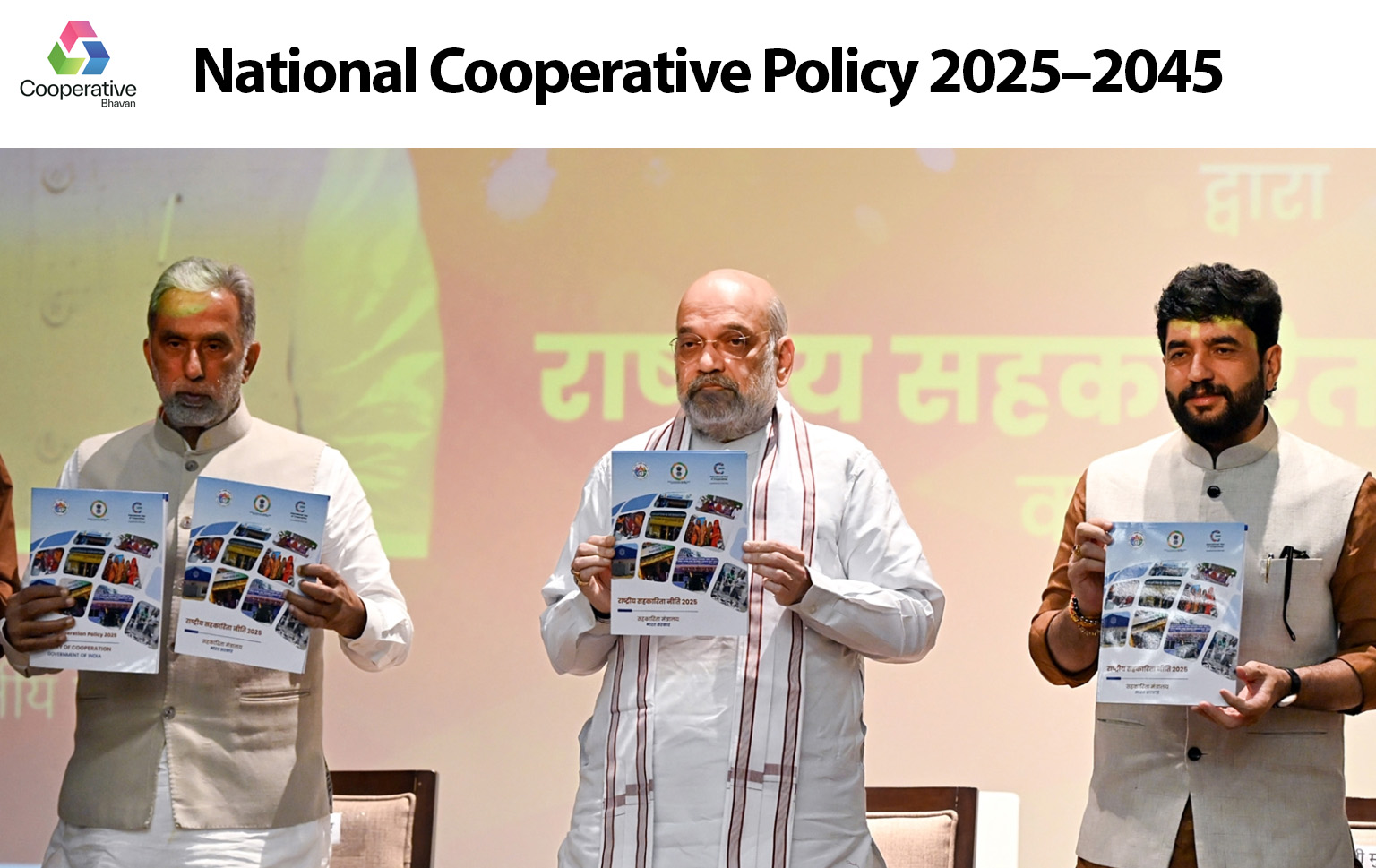

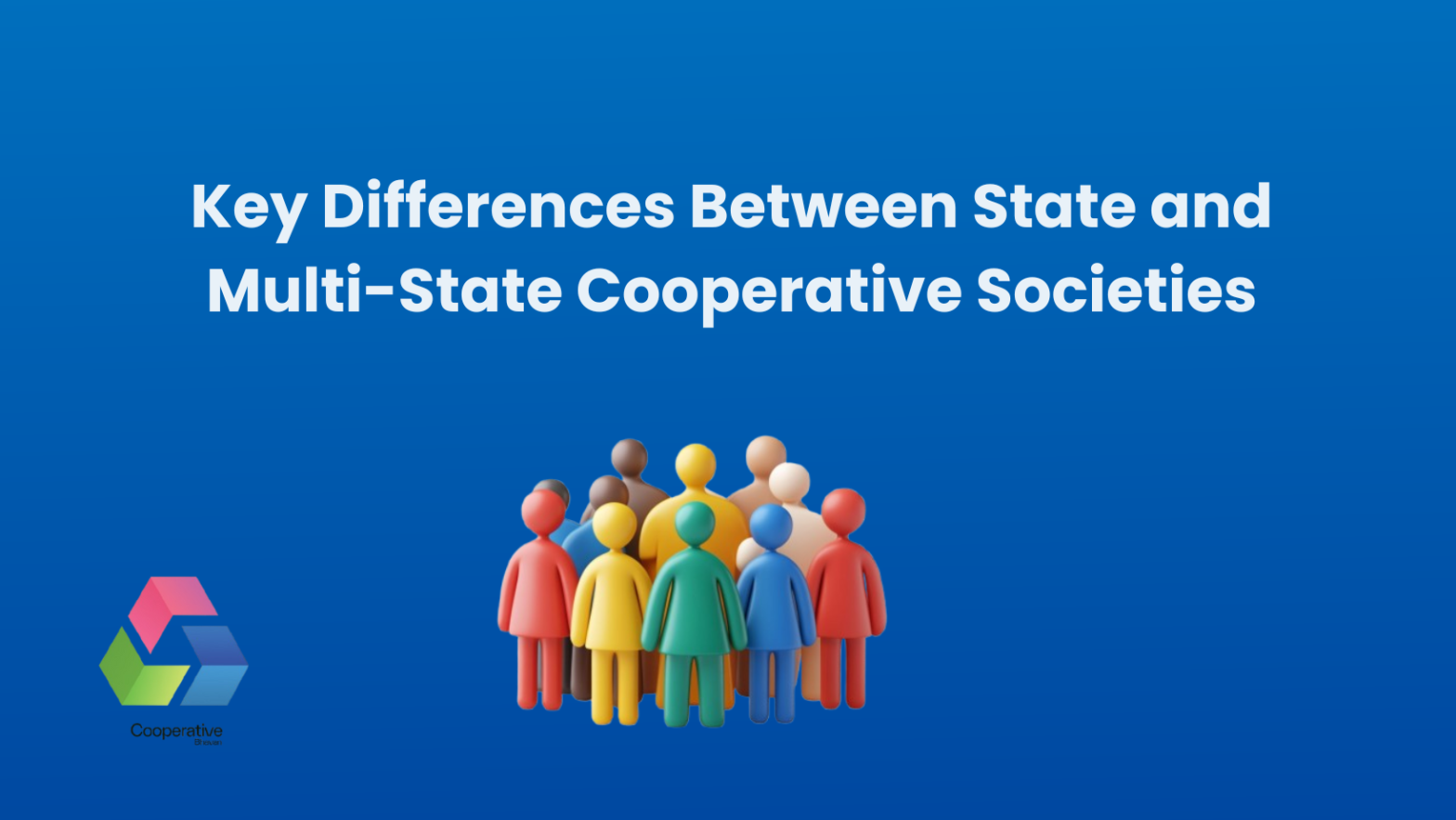





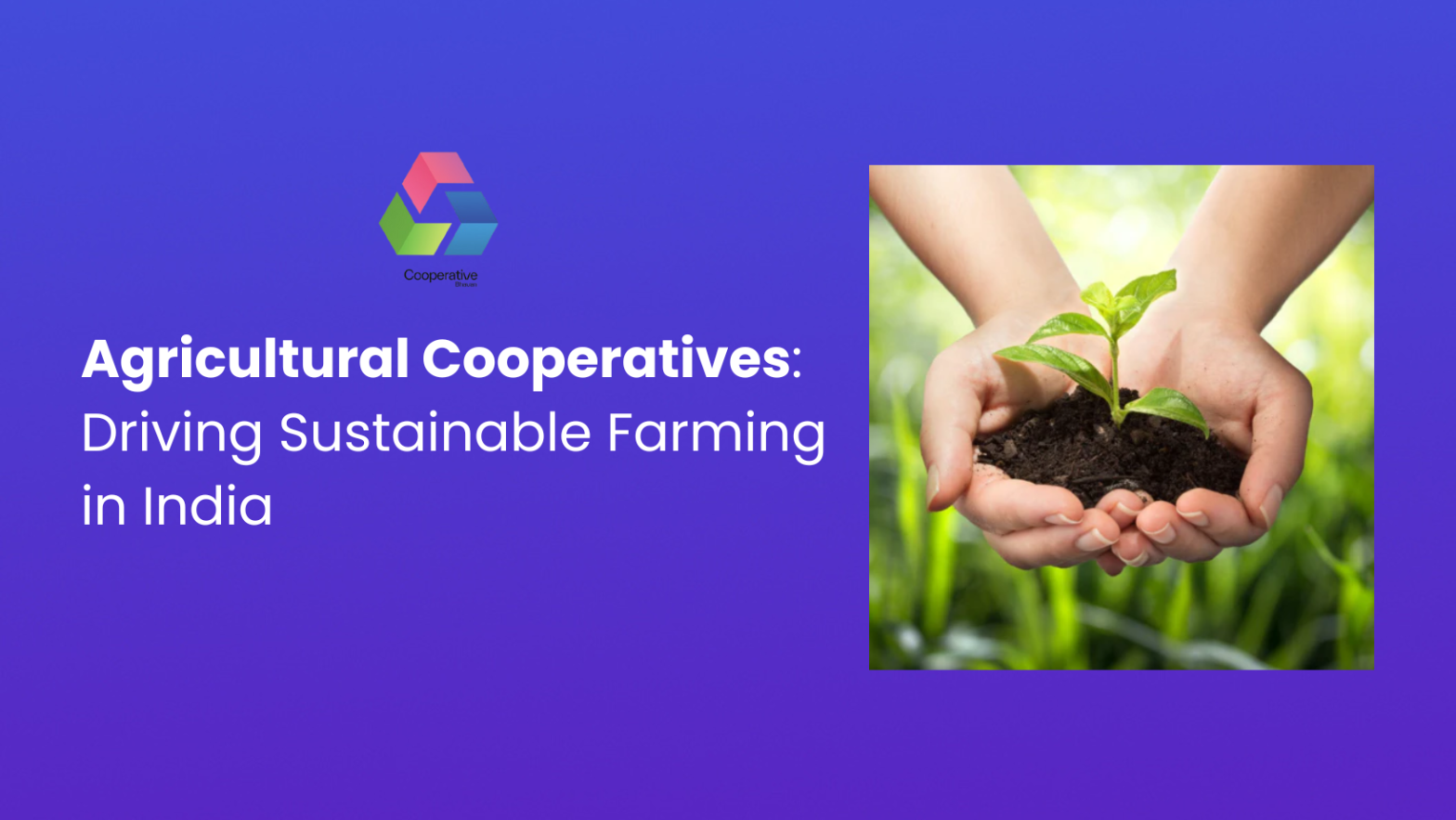






 Mail
Mail  Booking
Booking
 Call
Call